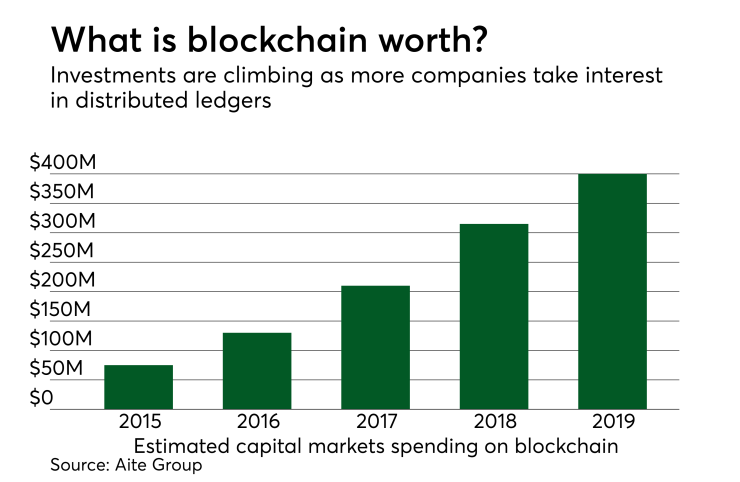In the last decade, we have seen the gaming industry being rapidly transformed by the introduction of new technologies which allow for immersive experiences, such as artificial intelligence, virtual reality and augmented reality.
However, one of the latest of these emerging technologies, blockchain, is about to redefine the future of gaming by turning what has been seen as a leisure activity into a potentially economic endeavor.
In this respect, blockchain looks poised to disrupt the gaming industry, and enable a new way for players and developers to interact with gaming platforms. With nearly three-quarters of the American population playing video games, and with the gaming market projected to be worth more than $138 billion by the end of 2018, how is blockchain set to transform the gaming industry?

Due to the risk of assets being duplicated, gaming companies often store in-game assets on centralized servers. However, this means that gamers don’t actually own their purchased virtual assets, and don’t have the capacity to buy, sell, or trade assets outside of the game. Currently, if gamers want to trade or sell virtual assets, they have to do it through nontraditional means.
Blockchain allows full transparency and decentralized control of virtual assets, meaning players will have ownership of their virtual assets. They will be able to exchange these assets with other players, and for assets on other games, instantly. Gamers will also be able to use their virtual assets across different games, providing players with a more personalized video gaming experience.
Through the tokenization of platforms, players will be able to earn tokens for playing, reviewing, or sharing games on social media. Players will also be incentivized to provide reviews and feedback to developers, leading to the improvement of games available. Blockchain will allow players’ activities to be tracked, and for them to be rewarded accurately and instantly.
As the blockchain is an immutable ledger which records all transactions and allows players to use their account across multiple games services, gamers’ interactions, player history, and trading of in-game items are always tracked and documented. With these records made publicly available, a player’s reputation is tied to the blockchain, therefore encouraging good behavior within the community. This builds and fosters a safer gaming environment, giving value to those with credible reputations, and encourages transparency within the gaming ecosystem.





